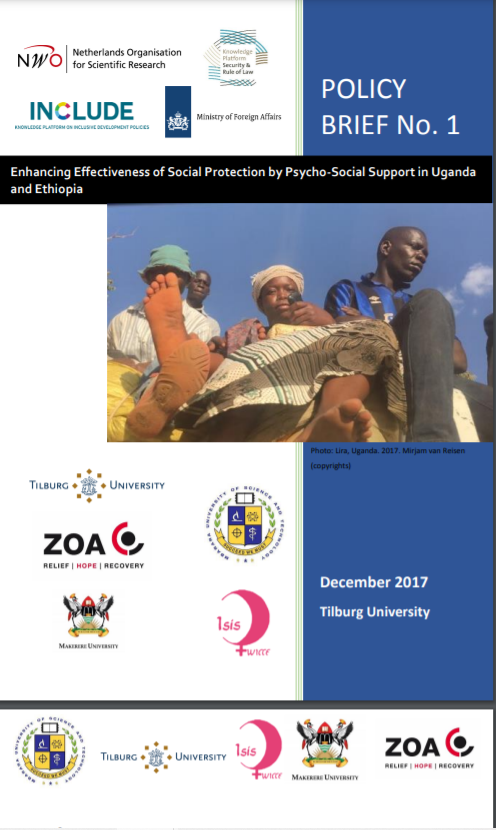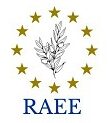Authors: Prof Dr. Mirjam van Reisen, Dr. Mia Stockmans, Dr. Primrose Nakazibwe, and Selam Kidane
Year: December, 2018
Pages: 9
Overview
This study investigates the effect of social protection and trauma relief on social-economic resilience of highly traumatized communities in Uganda and in Ethiopia. The research compared the effects of existing trauma programmes and a new intervention developed for this study, specifically designed for low resource settings with high Post Traumatic Stress (PTS). The intervention was called the Self-Help Low-Cost Post-Traumatic Stress programme (SHLCPTS) and was based on Eye Movement Desensitizing and Reprocessing (EMDR) techniques.
The study found that the effect of all the support modalities for the relief of PTS were higher on economic resilience (income, capability and empowerment) than the effect of the social protection programmes. The combined effect on economic resilience of support for trauma relief and social protection support together was the highest. Statistical analysis indicates the eight groups (which received different programs) do differ significantly on income. This difference can be attributed to counselling, SHLCPTS and receiving both cash transfer/in-kind and counselling.
The conclusion of this research is that supporting trauma relief is cost-beneficial to improve income-resilience. Social protection programmes will result in higher social-economic resilience (SER) if trauma relief is incorporated, among populations with high PTS.

